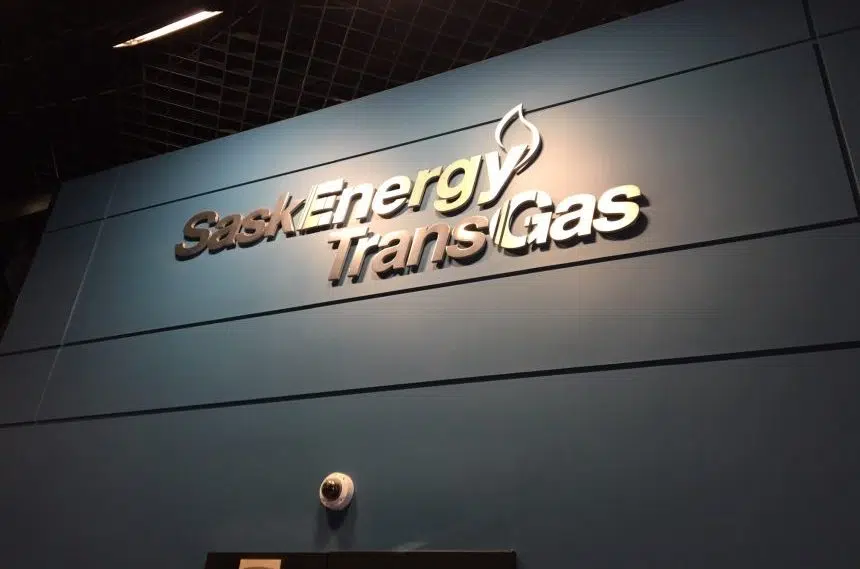Ratepayers in Saskatchewan can expect to see more charges on utility bills after April 1, thanks to the federal carbon tax.
The carbon tax will be added to bills as an extra line, making clear how much the tax is costing customers.
“We wanted to ensure that people knew why their bills are going up in a year, particularly this year, where we already had said we were not going to seek a rate increase — and yet, there’s going to be a new charge on your bill,” said Dustin Duncan, minister responsible for SaskPower.
Bronwyn Eyre is the minister responsible for SaskEnergy. She echoed Duncan’s comments, saying the corporation wanted to make sure people knew why there will be an extra charge on the bill.
“(We wanted to) tell it straight — this is what you’re paying, and it would have otherwise been lower but this is what you have to pay, and it’s not anything SaskEnergy is doing.”
Eyre said it was a little bit heartbreaking that the carbon tax will wipe out the savings customers would have from an upcoming rate decrease. The rate, as of April 1, would be a 20-year low.
Premier Scott Moe was asked whether separating out the tax in its own line was a political move, but he disagreed. Moe said the point of the tax is to change people’s behaviour — he doesn’t think it will do that — but he said it will have even less of a chance of having an effect if customers don’t know the tax is there.
According to the province, the average residential ratepayer would see an extra $2 each month this year on SaskPower bills, and an extra $9 each month on SaskEnergy bills, adding up to an extra $99 this year.
Court challenge
The provincial government is currently challenging the tax in court.
Moe said he continues to ask the federal government not to implement the carbon tax while the court case continues.
According to Duncan, the money will be collected by SaskPower and put into a trust. He said it won’t have to be paid to the federal government until June 2020, and if Saskatchewan wins its court case by then, the money will go back to customers.
If the case isn’t finished by then, the money will have to be paid to the federal government.
Because SaskEnergy delivers fuel it’s classified differently, so it has to pay the tax directly to the federal government. Eyre said it’s unclear whether the province will be able to get that money back if Saskatchewan wins its case against the carbon tax.
If the carbon tax remains in place over the next few years, the province predicts residential ratepayers will see an annual increase of $63 to SaskPower bills by 2022. The province predicts SaskEnergy bills will increase by $54 each year through the end of 2022.
SaskEnergy and SaskPower have web pages set up to try to help answer frequently asked questions about the carbon tax.











